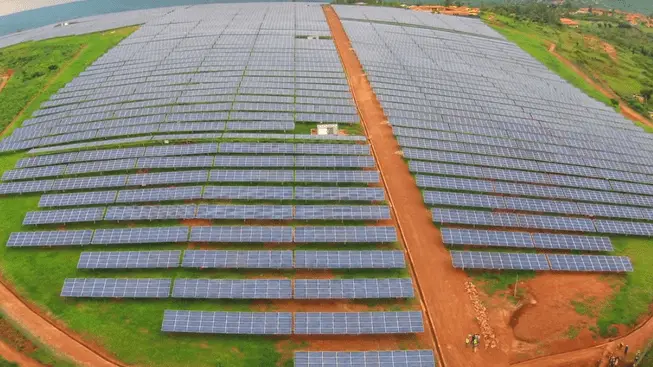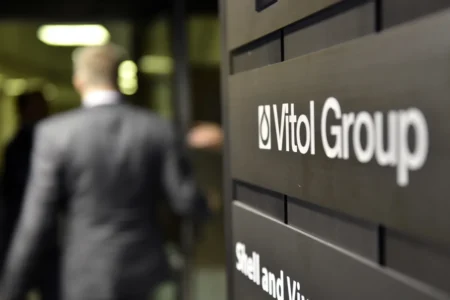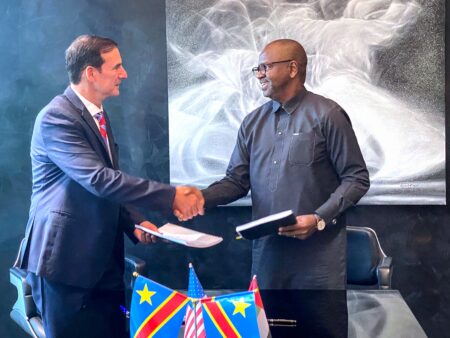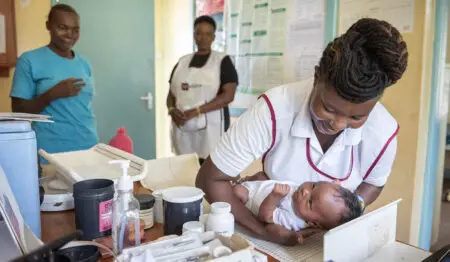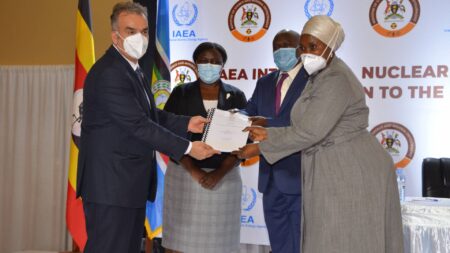Rwanda’s solar energy ambition received an endorsement of a financial instrument from the Global Innovation Lab for Climate Finance.
According to the Global Innovation Lab for Climate Finance, the first boost will be US$ 9 million and will enable the deployment of solar home systems for 175,000 households
The institution approved the piloting of solar securitisation, which seeks to improve the financial capacities of developers to enable them to expand and meet the demands in the local market.
Rwanda targets to connect 300,000 households annually to the off-grid energy solutions if it is to meet the 2024 access target which will contribute up to 48 per cent of national electrification.
Among the challenges include the fact that the systems are financed by customers whose sales have been relying on the solar developers’ ability to leverage their own balance sheets which are often constrained.
The firms have often found challenges due to substantial collateral required by few commercial and concessional funding sources available which are set to change with the financial instruments of solar securitisation.
Also Read: How Kenya and Rwanda are adding accountability among custom agencies
By pooling solar home system loans into tradable asset-backed security and providing solar developers access to more liquid capital markets, the intervention aims at increasing the ability of the developer to leverage and allow for a rapid expansion of the solar market in the country.
Development finance institutions (DFIs) will be needed to provide funding for design-stage capital while the first loss credit enhancement (subordinate tranche), commercial and retail investors will most likely be the buyers of the senior tranche.
“At scale, the instrument can reach US$ 100 million in size in Rwanda alone, targeting 2 million households, and later be expanded to other East African countries with similar energy access and economic/institutional conditions,” the institution said in a statement.
The financial instrument is under development by both Access to Finance Rwanda and the Development Bank of Rwanda.
According to the statement, Rwanda was selected as the first market based on the considerable market, institutional influence, high economic growth rate and a positive regulatory and political environment.
About 51 per cent of households in Rwanda is connected to electricity, with 37 per cent connected to the national grid and 14 per cent connected through off-grid systems which are mainly solar.





